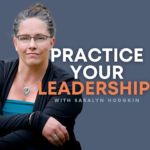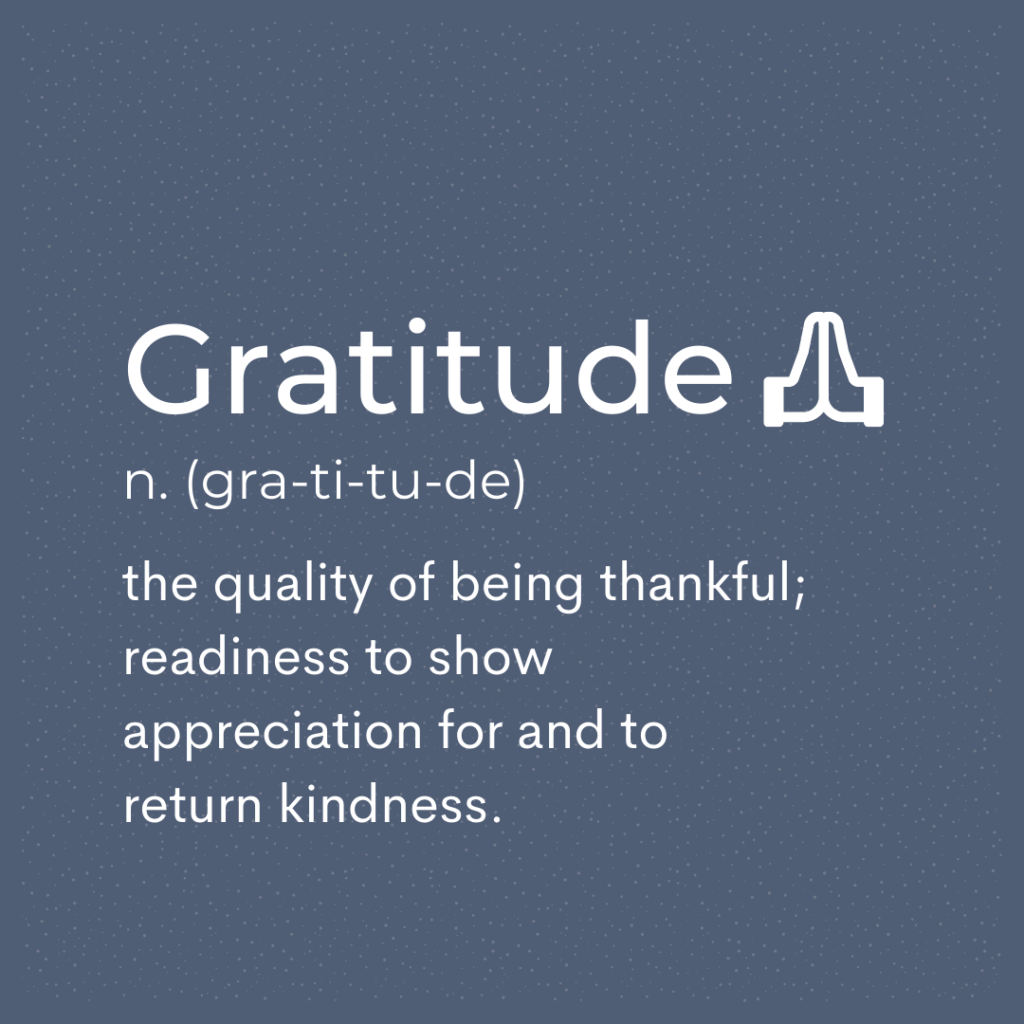I have gratitude for strangers lately. Uh, and I didn’t necessarily before, and I know that sounds kind of odd, but standing in a place as I look around and I stand in places where I judge myself or I criticize myself or I keep some of the same patterns going on, or the universe just keeps throwing me like these same situations.
Maybe people that kind of like irritate me or piss me off, or, uh, situations where I just see the patterns of things that I don’t want in my life continuing and lately I have gratitude for the people who enter into my life and seeing them, holding them as this place of curiosity and data, not about them, but about me standing in a space thinking, hmm, what am I to learn here?
What am I to get curious in this dynamic, in this relationship, in this ten second moment? What am I pulling from this that can heal a part of myself where I can, uh, soften some of my own critical judgment, stand in openness and curiosity, stand in in my per- imperfect self to say, what, what am I learning here? What is this person bringing into my life and the dynamic that’s happening?
It can be in the smallest thing, you know, holding a session, being a part of a group, uh, maybe you’re a part of a team. Maybe, maybe you, maybe you go out to a, an event to just come across somebody, but they’ve triggered you in some way and it’s like, ugh, ugh. Like, you know, that kind of feeling. And it’s like, Okay, hold on.
Where is that ugh, coming from? Right? What is here that I can shine my binoculars on, that maybe I’ve been blind to, and try and see, not see, hold, hold, the entity of unconditional love, to be able to greet a stranger, a person, a situation that triggered me for a second, or that triggers me over weeks and days and months and situations.
What is being offered to me here? What is it or how are they, or how is it trying to help free me, heal me from some things that just no longer serve me? Some stories, some energy, some patterns of my behavior that are just like, Oh, that’s not, that’s not hopeful anymore. Emotions I find are held for me in some of the same way.
it’s not just looking at the person, it’s not just looking at the situation. Sometimes it’s being in a moment and seeing the emotion that comes up and saying, What is here for me? Why am I feeling aversion in this moment? Jealousy, anger, love, joy, curiosity, you know, bring out your emotion wheel again, bring out that Atlas of the Heart from Brene Brown, right?
Like start, start increasing that emotional literacy to try and get at some of the detail or texture of the emotion. In order for me to get curious about it, I have to be able to acknowledge obviously what the emotion or emotions are not because that’s just a great existential exercise, but in order for me to be able to see the patterns of my agency, my behaviors, my leadership, and say what is trending here that doesn’t serve?
What is happening here that keeps smacking me in the face like a cold fish and says, Hey, there’s something here for you to learn. Can you listen up for a second? And people, situations, strangers, emotions. These are all places that I can tap into if I stand in a place of awareness to say, Hmm, god, this keeps pissing me off. Why is that?
And even being able to stand in a place, I’m not there yet all, all but trying to stand in a place of seeing that driver cut me off on the road or you know, that person in the grocery store who’s just, ugh, they’re like nails on a chalkboard, or whatever it might be. It’s like, okay, what’s being offered here to me. Or that person who comes into your life for 10 minutes and just awakens your, your thoughts or your anger or your aversion or your whatever emotion, but it opens you in some way that is not necessarily comfortable and being able to say, Wow, I appreciate this moment because there’s something for me to pick up, get curious about, and be on the path of letting something else go.
Now as I’m talking about this, this happens in moments not over, you know, 10 minutes or maybe it can actually, I’m gonna retract that actually, like sometimes it happens in just mere moments. And it’s doesn’t have to always consume you, the curiosity, and the process, and the practice, but it is a place of staying in a practice where that openness to see what’s coming in your life, what the patterns and trends are, and what you can learn from it, versus just always, in my case, just getting pissed off at that person who just cut me off, but instead saying, What is here?
Oh, maybe I should slow down cuz I’m feeling my heart rate going. I’m really anxious. I’m trying to enter in to this next space of facilitating this thing and I’m nervous about it. And so, you know what? You cut me off. It’s just helped me acknowledge I’m just gonna stay, stay in the slow lane for a moment and catch my breath like it can be in a moment like that.
But it can also be when you’re sitting on a team and saying, Hey, this person, whenever I come into a team meeting with them, god, I just don’t wanna even hear them anymore. What am I learning here? Why are they in my life right now? And not engaging in that conversation with them, like it’s your work to do around curiosity and not judging them or yourself, but being able to soften that critical judge to be able to come into ourselves, into the imperfections and the beauty that we have.
Hold off the judge and the critical self and come into, from a place of almost unconditional love, right? What am I learning and healing here? And how can I stay present as I look at this, this situation, this person, this stranger, and a place of gratitude for the offering, as uncomfortable as it may be, what is the gratitude here that I can have to say, thanks for that. I’m gonna now hold that.
Gratitude comes in so many forms and we can have our gratitude practices around writing down what you are g rateful for, like as simple as that. Uh, on a daily basis, one word, some people have cards that they pull to inspire that conversation with themselves or journal or whatever your practice is. Uh, some people say prayer around the dining room table with their family and so on.
Everybody has their own place and as you, you know, walk through the forest of your own appreciation and gratitude practice, whatever that looks like, uh, actually quite literally walking through a forest or, you know, metaphorically, part of the practice of having gratitude is looking at the things that you don’t wanna be looking at, appreciating the uncomfortable parts.
Parts that are pissing you off, the parts that really strike a chord. And instead of trying to, you know, put duct tape on it or, you know what, whatever, try to ignore it. Try to avoid it. Just try to heal it and let it go and avoid it and you know, so on. What happens if you lean into that situation and say, What am I here to learn?
What does that look like? Does it change your behaviour? Does it change the way you now advocate for yourself coming out of that? Does it change the decisions that you make when you see this situation happen again, or the way that you hold this person and their presence at that team meeting?
Gratitude comes in places of feeling the warm and fuzzies. There’s no doubt. But it also comes from those places that you’re avoiding, that are uncomfortable, that are triggering you and that are pissing you off. Right? There’s a gratitude practice in that all. Stay in that practice.



 Apple Podcasts
Apple Podcasts Spotify
Spotify Google Podcasts
Google Podcasts